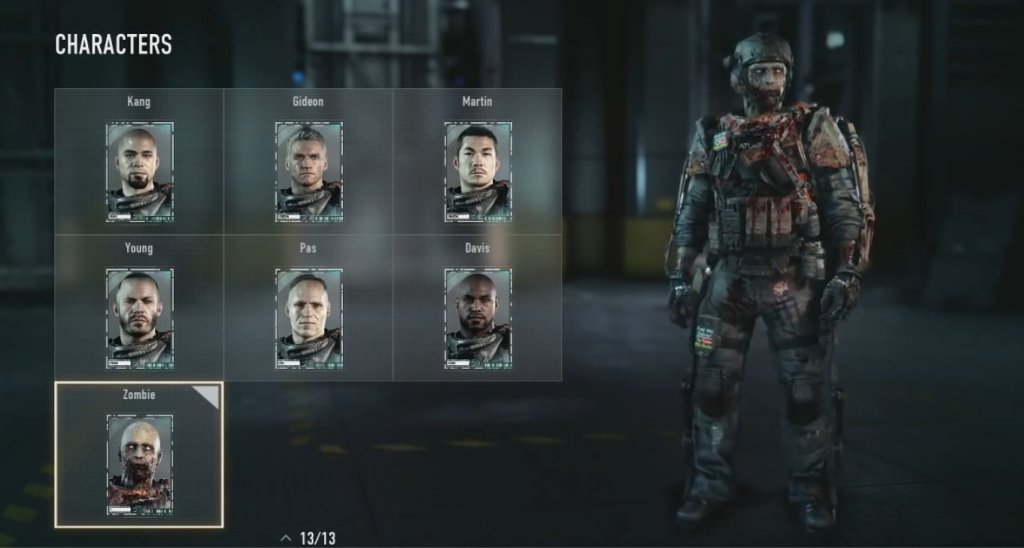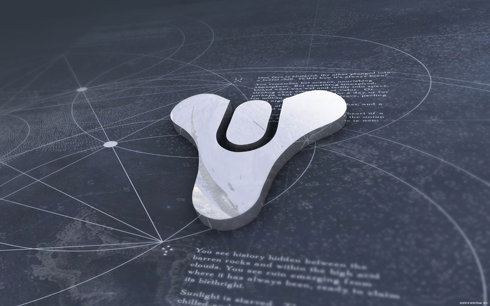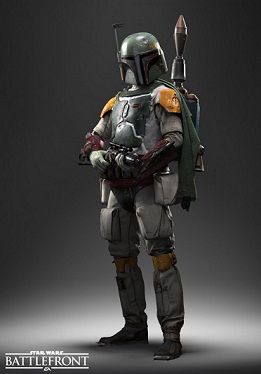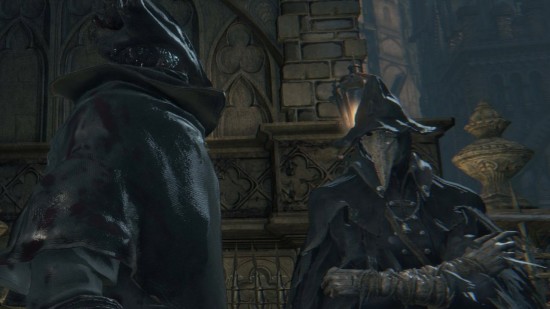

In terms of core values, core plot and core play, Invisible War is the direct heir to Deus Ex. Set 20 years on from the original and after a worldwide collapse, global society is getting back on its feet. You play a nanotech-modified trainee at something called 'The Tarsus Academy'.
Shortly after the opening of the game, you find yourself flying the nest and trying to work out what's actually going on in the world. Conspiracy and control are the two major plot threads.
Sitting down to consider what elements are completely absent from the new Invisible War, you quickly run into a brick wall.
But if this is the case, why is there such a furor surrounding the release of this game? Well, what's included is rather different.
In terms of game dynamics, the biggest alteration is the transformation of a game that previously used several techniques (skills and mechanical augmentations) to shape character uniqueness, to a game that's solely reliant on technology to do it. In other words, you are what you possess.
Equally, there's increased relevance placed on the weapons you choose to carry and how you decide to alter them with weapon mods. This means that what you carry is based on what manner of character you wish to play rather than economy of space.
So, is this mind-stunningly unrealistic?
Well - yes. Because Invisible War is a videogame.
At its best, Deus Ex: Invisible War takes you closer to the idea of pure, unrestrained player expression than anything else. Most games state: "This is what you must do". Invisible War asks, "What do you want to do?"
Also, in terms of narrative, Invisible War manages to be more cohesive and more mature. While its predecessor often seemed happy to just lead you on a guided tour of every real-world conspiracy ever, here the characters' motivations are more understandable.
It's clearly great, then. So why no 10/10 score? The thing is, Invisible War has minor foibles. The physics have distinct moments of wrongness, especially when objects seem to have been programmed with less 'weight' than they should have.
The AI, while showing an improvement, still has a tendency to just concentrate on its - admittedly incredibly hard - job rather than entertaining us with tricks such as making guards duck for cover.
Most importantly, while the augmentation system does allow you to personalise your character, someone who locates all the canisters available will find themselves reaching the height of character development with undue haste.
Still, even if your character isn't evolving, your tactics and decisions are. Rarely has improvisational play been as powerful, and the possibilities as gloriously diverse as they are here.




 How to Earn Extra Rewards in Monopoly Bingo, Tips and Tricks
How to Earn Extra Rewards in Monopoly Bingo, Tips and Tricks PAX Prime 2014: Wander Preview
PAX Prime 2014: Wander Preview Play as Boba Fett in Star Wars Battlefront - Hero Guide
Play as Boba Fett in Star Wars Battlefront - Hero Guide Bloodborne Guide: How to Complete Eileen the Crow's NPC Quest Line
Bloodborne Guide: How to Complete Eileen the Crow's NPC Quest Line Rocket League: unlock items
Rocket League: unlock items